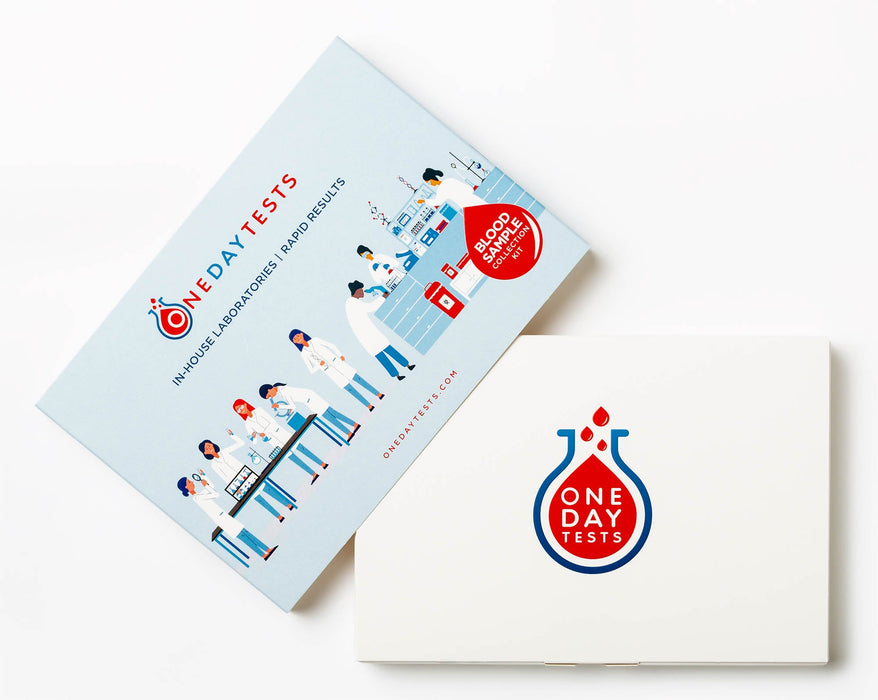

Many of us are familiar with the scenario: there have been multiple work Christmas parties from the beginning of December, you’ve had overdue catch ups with friends, then spent the days surrounding Christmas with family.
Then just as you realise you’ve forgotten what it feels like to wake up without a pounding head and a dry mouth, New Year’s Eve preparations kick firmly into gear.
It's no wonder that every year, up to 15% of us in the UK participate in ‘Dry January’.
Maybe we want to begin the new year in a healthier condition than we finished the last, or perhaps we’re simply sick of the taste of buck’s fizz and sherry. After we’ve reinstated our gym membership and made a start on our resolutions, we decide to abstain from alcohol for the first 31 days of the year.
January is potentially a miserable month; the weather is terrible, and Christmas festivities are fast becoming a distant memory. What tangible health benefits
does a month of sobriety offer us?
Taking a break from drinking alcohol can affect our bodies in several different ways. Some of these may become apparent almost immediately:
Better sleep quality:
We know that alcohol can diminish the quality of our sleep, so it may be that you quickly feel more energetic, or more refreshed upon waking.
Weight loss:
The high calorific content of alcohol shouldn’t be underestimated either, and you may notice that your clothes begin to feel looser over the course of the month.
Balanced mood:
Alcohol is also a depressive; it’s not uncommon to experience a dip in mood during times of heavier alcohol consumption.
Whilst the changes mentioned in the previous section may be obvious, it’s what happens internally that is perhaps most significant.
Liver recovery
The liver plays a crucial role in metabolizing alcohol, an taking a break from
alcohol consumption allows the liver to regenerate and function more efficiently. This regeneration can lead to improved liver health and reduced risk of longer-term complications. Damage to the liver from alcohol ingestion often only becomes apparent at a very late stage, but that doesn’t mean it isn’t having an effect.
Liver function tests, most with particularly long and complicated names, can be useful in assessing the health of liver. Alanine Aminotransferase (ALT) and Aspartate Aminotransferase (AST) are perhaps the most sensitive indicators of liver damage, with Gamma Glutamyl Transferase (GGT) levels also useful. It's important to note however that whilst alcohol can influence liver function tests, the degree of impact varies among individuals.
Factors such as the duration and intensity of alcohol consumption, genetic
predisposition, and overall health play a role in how the liver responds.
Find out more about our Advanced Liver Function Blood Test.
Reduced health risks
The liver is not the only organ potentially impacted by alcohol intake. Alcohol is thought to contribute to as many as 7 different types of cancer. By raising blood pressure, it can increase your risk of heart attacks and strokes, too.
Recommended weekly alcohol intake is less than 14 units, but there really isn’t any level of alcohol that is deemed entirely safe.
Being mindful of our intake is vitally important, and taking a prolonged break from alcohol, whilst perhaps not attractive during the dark months of January, can be hugely beneficial for both our mental and physical health both in the short and long term.
Curious about your overall health? Gain invaluable insights into every aspect of your well-being, ensuring that your lifestyle is keeping you in peak shape.
Find out more about our Ultimate Performance Blood Test.
Plan ahead
Apart from going 31 days without drinking, consider what else you are trying to achieve and the reasons you are participating. If you have social gatherings or other occasions in January where other people are drinking alcohol then consider how you will approach this. Letting people know in advance that you are completing Dry January can reduce the number of times you are asked... why are you not drinking?!
Find Healthier alternatives
Not just focused on non-alcoholic drinks. In addition consider when you usually drink alcohol. For example, if you usually have a glass of wine after work to relax then consider what else you could do to compensate, such as taking a hot bath or going for a walk.
Get friends and family involved
By making it a group activity you can offer each other support and make the experience easier to navigate and make it more fun. Who knows you may even decide to carry it on after the 31st January.


Leave a comment